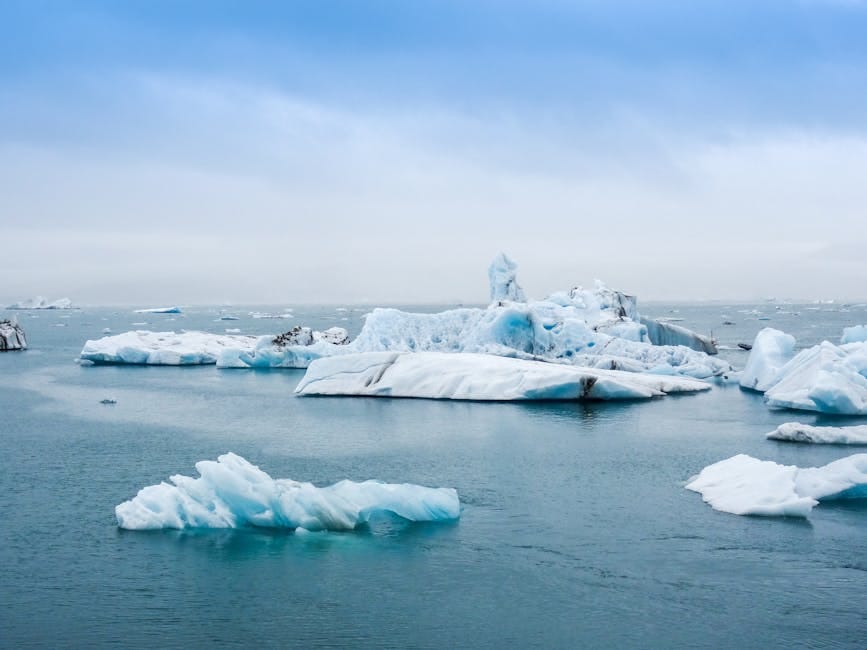Global warming refers to the gradual increase in the Earth's average surface temperature, primarily attributed to the accumulation of greenhouse gases in the atmosphere from human activities. It has become a pressing concern, significantly impacting our planet and ecosystems.
The burning of fossil fuels, deforestation, and agricultural practices release carbon dioxide, methane, and other greenhouse gases into the atmosphere, trapping solar radiation and causing the planet to warm. The consequences of global warming include rising sea levels, extreme weather events, and disruptions to ecosystems.
Understanding global warming requires a comprehensive approach that encompasses both scientific knowledge and societal implications. Here's a comprehensive guide to help you grasp the complexities of this issue:
**1. The Science of Greenhouse Effect:**
The greenhouse effect is a natural phenomenon essential for life on Earth, allowing the atmosphere to retain heat from the sun. However, human activities are amplifying this effect, leading to an excessive accumulation of greenhouse gases and a rise in global temperatures.
**2. Causes of Global Warming:**
Fossil fuels, such as coal, oil, and natural gas, are the primary contributors to global warming. Their combustion releases carbon dioxide into the atmosphere, along with other greenhouse gases. Deforestation, where forests are cleared for agriculture or development, also releases significant amounts of carbon dioxide.
**3. Impacts of Global Warming:**
The impacts of global warming are widespread and far-reaching. Rising sea levels threaten coastal communities, while extreme weather events like hurricanes and heat waves become more frequent and severe. Ecosystems are disrupted, affecting biodiversity and food security.
**4. International Agreements and Mitigation Strategies:**
Recognizing the urgency of global warming, the international community has taken steps to address the issue. The Paris Agreement, adopted in 2015, aims to limit global warming to well below 2 degrees Celsius, with efforts to pursue a 1.5-degree Celsius target. Countries have committed to reducing greenhouse gas emissions through renewable energy, energy efficiency, and forest conservation.
**5. Individual Actions:**
While international agreements and government policies play a crucial role, individual actions also contribute to mitigating global warming. Reducing our carbon footprint by opting for renewable energy, adopting eco-friendly practices, and conserving resources can make a difference.
**6. Adaptation and Resilience:**
In addition to reducing greenhouse gas emissions, it's essential to adapt to the effects of global warming already underway. Building seawalls, implementing flood warning systems, and developing drought-resistant crops are crucial for resilience.
**7. Climate Justice:**
Understanding global warming also involves recognizing climate justice. Developing countries, who have contributed less to the problem, often bear the brunt of its impacts. Climate justice advocates for equity in addressing climate change and ensuring that vulnerable communities have access to necessary resources and support.
**8. The Role of Education and Awareness:**
Educating ourselves and raising awareness about global warming is vital to fostering informed decision-making and encouraging collective action. Sharing knowledge, participating in climate activism, and supporting organizations dedicated to combating climate change empowers individuals to make a meaningful contribution.

